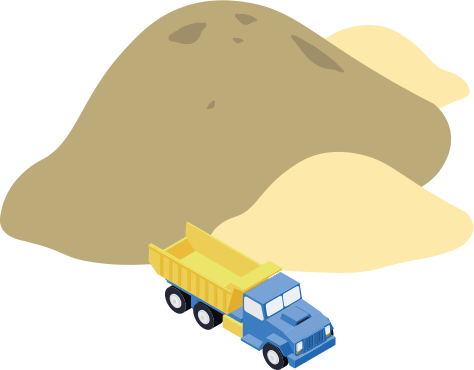Yes, it sounds like insanity, a digital marketer, SEO specialist and reveler of the Web 2.0 zeitgeist ditching the albatross of search engines for…a duck?
Of course, I’m ditching Google’s search engine on a purely personal level because if I ignored Google on a professional level, I’d be completely useless at my duties.
That is also one of the reasons I’m making the switch, just not the main one. I like variety, but I also like innovation. DuckDuckGo, a search engine that made waves in the Internet community for putting privacy first in the wake of everyone realizing that Google knows everything from how you like your eggs to what you really used that Amazon gift card on, recently announced that it had just hit 10 million searches a day. A personal feat for sure, compared to the billions of search queries that travel through Google, but a feat nonetheless.
I like my privacy, but that isn’t the catalyst for the switch. The reasoning behind the switch can be summed up in one word: bangs.
I’m a sucker for user experience, and Google by no means has a bad one, so DuckDuckGo’s “Bangs” intrigue me. Imagine a search engine that utilizes site search on other websites instead of serving up what it believes you’re looking for. DuckDuckGo operates like a natural search engine, despite the lack of localized search (see: privacy). But using bangs in your search narrows your search to exactly what you are truly looking for.
Insert a bang, which consists of an exclamation point and then the name of the site you want to search on, and boom, you’ve got what you’re looking for. Google does a phenomenal job interpreting what you’re looking for and how you want it displayed, but it can only really favor one source at a time.
In a user experience, the idea is always to make it easier for a user. Less scrolling, fewer clicks. That’s what DuckDuckGo does. Instead of setting its own rules, DuckDuckGo brings all of the websites of the world wide web together to work in cohesion, just like a team. And the team works because…
Baseball fan? Want to see how bad the Phillies are doing? Normally, you could just type in Phillies into Google and 90% of the time, find exactly what you’re looking for. But, what about the other 10%?
What about the variables? Do you hate getting statistics from CBS Sports? Is ESPN your go-to? Enter !ESPN Phillies and you will immediately go to ESPN’s search page for the Phillies and your information is a click away.
Not impressed? I personally love Wikipedia as it brings a wealth of knowledge (and a little bit of shenanigans to the learning process). Still confused on what an albatross is? You can Google it and Google might do a good job of gathering sources for the topic. But you know Wikipedia is going to have all the information you need and some you don’t but will read anyway. Enter “!wiki albatross” and DuckDuckGo will whisk you past a typical search engine search AND Wikipedia’s search straight to the Wikipedia page for the large seabird. That’s impressive.
Here’s hoping that DuckDuckGo can continue innovating the search engine game.










